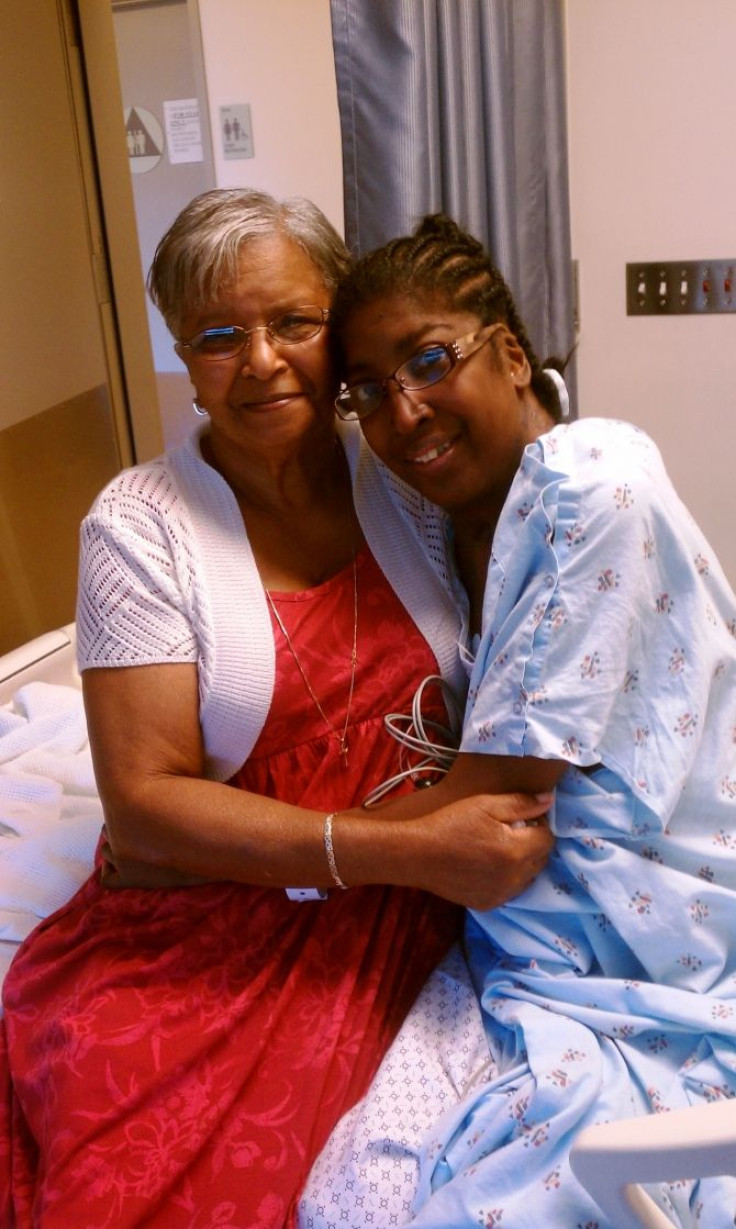Woman Gets a Second Chance At Life After Heart and Kidney Transplants

With a new heart and kidney, a young lady from Compton gets a second chance at life.
Brandie Osborne, 32, was faced with several life-threatening health challenges. Osborne was born with a common genetic disease known as Noonan syndrome which is associated with heart and lung problems. Osborne not only developed hypertrophic cardiomyopathy, a thickening of the heart muscle, but also pulmonary hypertension, which caused high blood pressure in her lungs. In 2009 her condition took a turn for the worse and she was placed on the waiting list for a heart and lung transplant in North Carolina.
During her waiting period Osborne suffered heart and lung failure and kidney failure soon after that. She then was forced to breathe out of a tube and undergo dialysis. Surgeons then classified her as an unacceptable candidate for transplantation surgery and she was immediately transferred back to the University of California, Los Angeles to await death.
After spending six months in intensive care, and with a slight improvement in health and learning to walk again, Osborne was sent home with medical aids. Throughout the next two years she still remained an unacceptable candidate for transplantation surgery, but her lung doctor Dr. David Ross, a professor of pulmonology and medical director of the UCLA Lung Transplant Program, and her cardiologist, Dr. Daniel Cruz, a clinical instructor of cardiology found a new idea. With the use of medications to treat Osborne's pulmonary hypertension after a potential heart transplant, she would not require a lung transplant at the same time. With a new strategy, doctors hoped to get Osborne back on the transplant list.
"Although it would be unchartered territory, after much intense discussion among the team and after explaining the high risks to Brandie and her family, it was decided to put her on the combined heart and kidney transplant list in June 2012," Ross said.
In 36 days a donor was found and Osborne would be prepped for surgery. The heart transplant was the first stage of surgery. Although the operation was classified as "extremely high-risk, " Dr. Richard Shemin, UCLA's chief of cardiothoracic surgery, successfully performed the operation. Less than 24 hours Osborn would return to the operation room for her kidney transplant, which was performed by Dr. H. Albin Gritsch, an associate professor of urology.
Today, Osborne will be able to live a healthy life without any tubes or machines, just her lung medication.
"Thanks to the family who made the decision to donate their loved one's organs, I am getting a second chance at life," she said. "I cannot thank my donor and my UCLA team enough for saving my life!"



























